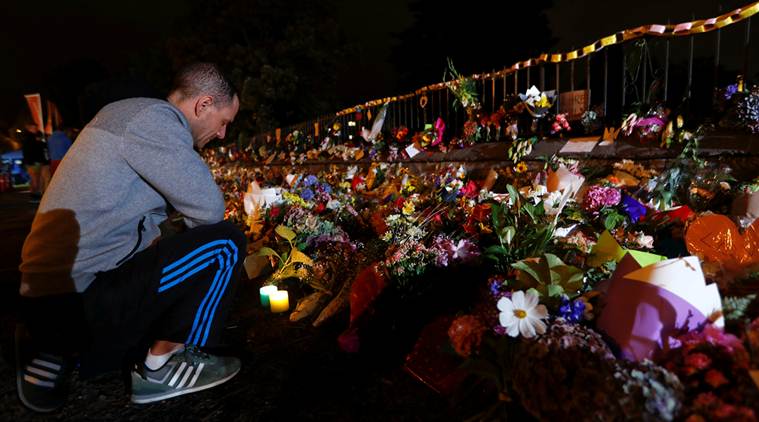Updated: March 18, 2019 12:55:34 am
View From The Neighbourhood: Recognise right terror
An editorial in Dawn holds forth on the unchecked rise of white supremacist forces, especially in the context of the New Zealand mosque attacks.

An editorial in Dawn holds forth on the unchecked rise of white supremacist forces, especially in the context of the New Zealand mosque attacks. The New Zealand terror strike, the editorial says, just reaffirms “the pernicious spread of Islamophobia and other forms of racism, emboldened by the ascent of far-right parties across the developed world and the activation of the (only barely latent) ideology of white supremacy embedded in the history and body politic of these nations.” It goes on to link terror attacks against Muslims in Quebec and the Finsbury Park mosque attacks, as also the terrorism against African-Americans in Charleston, and, even the 2011 Norway attacks perpetrated by Anders Behring Breivik. The commonality in all such mass murders, the editorial strives to establish and argue, lies in the spread of a virulent “ultra-right radicalisation that Western political and intellectual leaderships have done little to address, and in many cases have, knowingly or inadvertently, mainstreamed by demonising groups and pitting communities against each other.”
The editorial says that such ultra-radicalisation has even been legitimised via legislation in many countries. In a pointed manner, the editorial says that “Investigative authorities, with their eyes trained elsewhere, are thus entirely in the dark about these networks that actively inspire and recruit individuals to carry out such attacks. Many, such as the alt-right, are hidden in plain sight, with their proponents given a platform on social media websites — including Facebook, on which one of the terrorists in New Zealand live-streamed his rampage — as well as mainstream Western news outlets.” The editorial reasons that “The inverse of this phenomenon is, of course, that it gives oxygen to the propaganda machine of radical fringe elements spreading hatred against the West and religious minorities in Muslim countries, thus perpetuating an unending cycle of hate.” But it ends saying that whataboutery can’t be a solution: “These nihilist, clash-of-civilisations narratives — whichever ideologies inform them — leave all nations more vulnerable to extremist violence. Regardless of whether terrorist attacks are perpetrated by white or Islamist extremists, their narratives must not be enabled through whataboutery.”
Bad Air
An Advocate with the Dhaka Judge Court, Aiman R Khan writes in The Daily Star, on the need to legislate on clean air in Dhaka: “Dhaka has been consecutively maintaining the highest position among the cities having the lowest air quality in the world… As decentralisation of Dhaka is not happening anytime soon, the risk of a major population being exposed to air pollution becomes inevitable. It is indeed sad to say, the city full of life has also been ranked as the second least liveable city in the world by The Global Liveability Index 2018.”
Khan talks of the efforts of the Department of Environment (DoE) under the Bangladesh government and how it is “working to keep such pollution in check by operating Clean Air and Sustainable Environment (CASE). CASE publishes monthly reports and charts on air quality. It has undertaken several ambitious projects such as the National Ambient Air Quality Monitoring Programme, Brick Kilns Emission management and vehicular emission standards.” He mentions The Bangladesh Environment Protection Act 1995 and the Brick Manufacturing and Brick Kilns Establishment (Control) Act, which ordered Brick Kilns companies to “convert” the kilns into modern technology within two years’ time. But both measures, he says, have failed to reign in air pollution. Therefore, he says, “imposing a strict liability is the only way to ensure cleaner air. The Act would need further push from the Ministry and DoE in order to be enacted. If that doesn’t happen, the previous Acts would need greater amendment.”
Closing the wage gap









.png)




























No hay comentarios:
Publicar un comentario